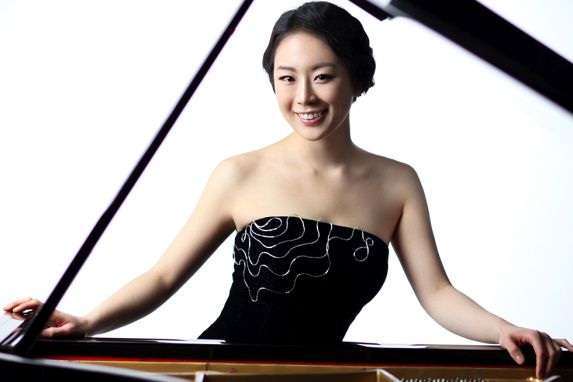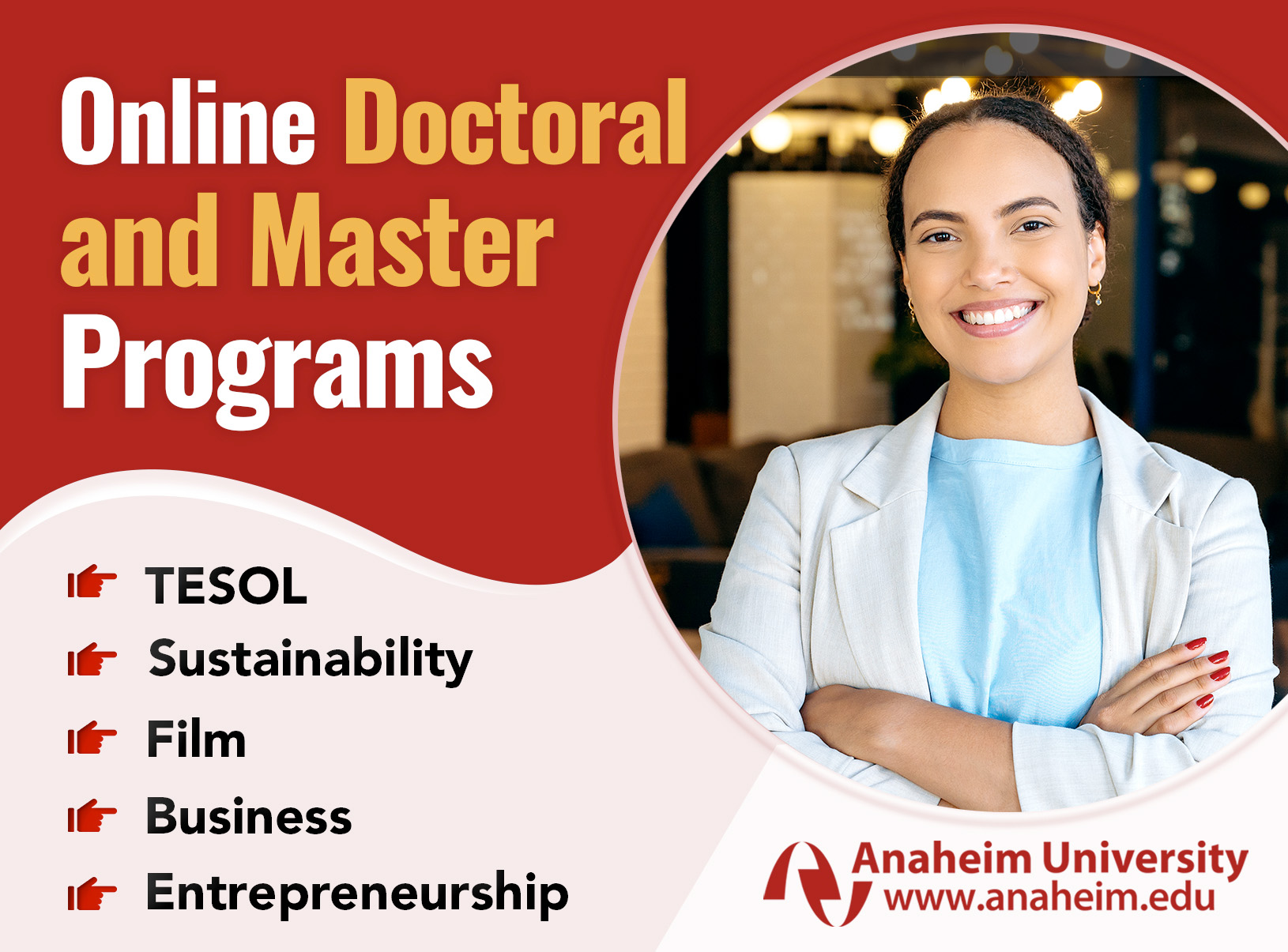An endless cycle of practicing, networking, traveling, and concertizing.
Not many classical musicians can debut at the age of 13 with an orchestra of the likes of the Seoul Philharmonic Orchestra. Following Yoonie Han’s 2001 grand-prize award in the Korea National Music Competition, the Korean Ministry of Culture named her its “most promising young artist.” In 2009, Han was honored with the Gawon Music Award as the “most brilliant pianist aged 17 to 31 of any nationality who possesses the most promising potential for global prominence,” and placed first in a multitude of competitions such as: the Washington International Piano Competition, the World Piano Competition, the Fulbright Concerto Competition, Juilliard’s Gina Bachauer Piano Competition, the Kosciuszko Chopin Competition, and Music Teacher’s National Association Competition. Han has performed around the world with the Berliner Symphoniker, Buffalo Philharmonic, Helsinki Philharmonic, Houston Symphony, Banff Festival Orchestra, and I Pomeriggi Musicali di Milan. She has performed in globally renowned venues such as the Lincoln Center, Kennedy Center, Carnegie Hall, and the Berlin Philharmonic. After earning a bachelor’s degree from the Curtis Institute of Music, Han went on to earn her Master of Music degree from The Juilliard School and, in addition to currently completing her doctorate at State University of New York (SUNY) Stony Brook, she is also on the faculty of Piano at the Bilkent University, Turkey. Han, also a Steinway Concert & Recording Artist, has also enjoyed special sponsorships from the Paris-based international retailer of fine furniture Roche Bobois, Switzerland’s leading maker of luxury timepieces Breguet, and the Italian fashion house Dolce & Gabbana, which has supplied gowns for her concerts. Seoul Journal Executive Editor Anthony Al-Jamie spoke with the successful pianist about her roles as an artist and a teacher, her current projects, and her goals for the future.
SJ: Why did you begin playing the piano?
HAN :My parents loved music and we had a piano at home, but they didn't really have the talent to play it. (They sang in the shower!) But for a little girl like me, the piano was a wonderful toy that could make 88 different sounds.
SJ: What do you enjoy the most about playing the piano?
HAN: Music is something beautiful through which the listener can escape from mundane daily life and get lost in something otherworldly. My job as a musician is to transform people’s lives through sound. Usually, I do not know the members of the audience personally but, very often, we meet after I play, and then we become good friends. Music reflects personality, so I like that they can see my personality after concerts. I love seeing people enjoy the music that I have put so much energy and emotion into creating. I believe that music is actually a collaboration between the artist and the audience, and that I can find my unique identity through the audience’s response to my playing.

SJ: Which composers are special to you?
HAN: I love Enrique Granados. One summer, when I was 16 years old, I visited Spain and lost my passport. It took nearly two months for the passport to be replaced, and the only thing I could afford to do while waiting was visit museums. The Prado Museum has a magnificent collection of works by Goya, and I fell in love with these paintings. When I returned to New York, I learned Granados had written a major composition, “Goyescas,” inspired by those paintings. He’s been one of my favorites ever since.
SJ: What is the most unusual aspect of traveling as a concert artist?
HAN: When I travel to a distant city for a concert, sometimes I’ll stay in a hotel, but very often I’ll stay with a “host family”—a local family that is usually the patron of the concert hall I’ll be playing in or the orchestra I’ll be playing with. Living in their homes, I have developed very close relationships with these families who are like substitute parents for me when I travel. My host families have become some of my closest friends in the world.

SJ: Do you undergo any changes when you step on the stage? Do you have any rituals or routines before you go on stage?
HAN:No, I don’t. I wish I had a fancy thing to say! I’ve been playing a lot in public, and it became a part of life. When I go out on stage, I am hoping that my music will give the audience a unique and uplifting experience. But once I begin playing, my focus is on the music itself. The concentration has to be total. I am always nervous before I go on the stage, no matter how big or small the venue is. Nervousness should always be there when you are on stage. That’s what creates exciting energy in live concerts. Without that, it’d be like Coca-Cola without bubbles!
SJ: Is there a country you have performed in where you felt classical music is better received than other places?
HAN: Germany. When I played at the Berliner Philharmonie, a concert hall with 2,500 seats, I could hear if anyone dropped a paper clip; they were paying full attention to the stage. They respect music very much. Before touching the keyboard, you feel that they are already ready to love you!

SJ: Do you play any other types of music other than solo?
HAN: I love playing chamber music. Chamber music encourages interactive collaboration as a value that every musician should learn to have. Being a pianist can be a solitary pursuit; chamber music is broadening the ways in which one thinks about and expresses oneself as a musician. It also opens the door to more performance opportunities, rather than pursuing a career purely as a soloist. A chamber performance uniquely offers the musicians the opportunity to cooperate with each other while simultaneously communicating intimately with an audience in a manner that would not be possible in larger performance situations. I am a founder of Gloriosa Piano Trio. As a solo pianist, you spend most of your time practicing alone in a room with just your instrument for company. But with a trio, you have to be in tune—literally and figuratively—with two other musicians. The three of you have to find a common interpretation of the music, or you’re not really a trio—you’re just three people who happen to be playing at the same time.
SJ: Do you work with modern composers?
HAN:Yes. I have worked with Karen LeFrak and Theodore Wiprud. We sit down for hours in front of the piano discussing ideas, exchanging interpretations, trying to reflect our ideas and emotions in music. What a wonderful experience!
SJ: Tell us about your experience in teaching. Do you enjoy it?
HAN: Throughout my entire education, I have been privileged to benefit from my teachers’ commitment to personalized attention and from a small student-to-teacher ratio. I have studied in depth with four distinguished musicians: Philippe Entremont, Eleanor Sokoloff, Robert McDonald, and Eduardus Halim. They provided exposure to the practical aspects of performance and advanced artistic guidance, and also provided constant inspiration. As an educator, I try to establish cooperative and creative environments where I can provide my students with similar inspiration and individual attention. Music is fundamentally collaborative, and education should be both personal and communal. This also encourages independent thought, technical achievement, and overall advancement. As someone who came to the United States to study in the Pre-college Division at Juilliard, I have a special appreciation of how overwhelming it can be to embark on a music career. At the age of 15 and with limited proficiency in English, I found myself in the middle of New York, 7,000 miles away from my family. I looked to my teachers for guidance, and I am thankful for the personal concern that they showed for me as a musician and as a human being. I hope I can provide my students with the same guidance, support, and respect.

SJ: Can you tell us about your experience in Turkey?
HAN: I’ve been to Turkey many times for family holidays. It is a beautiful country with many historical moments and monuments. Now that I teach at Bilkent University in Ankara, I am happy to see these more often.
SJ: What do you think about the state of classical music in the current world?
HAN:We’ve all heard the dire predictions about the future of classical music, but I am an optimist and deeply believe that the classical tradition has a great future in the modern world. I have played in major concert halls, but I have also played in small venues outside major urban areas, and I have seen a great hunger for the classical performances in the most unlikely places. We have to introduce classical music to children so that they appreciate it as they grow up, and as recorded music becomes available almost for free, we have to create more opportunities for audiences to hear live performances at reasonable prices.
SJ: How frequently do you practice?
HAN: I practice whenever I have time. Practicing is not work, it has to be a part of musician’s life.
SJ: Which of your works would you recommend to new listeners?
HAN: I love George Gershwin’s Rhapsody in Blue. It was the first jazz composition in the classical style, intended for concert hall performance. It’s the original “cross-over” composition. It’s a classical musician’s favorite jazz piece, and a jazz musician’s favorite classical work. You can hear me play it on YouTube (https://www.youtube.com/watch?v=M0tBk8yH_L4).

SJ: Can you tell us about your current projects?
HAN: My current projects are moving me in two directions, which sometimes overlap. First, I am recording the words of Granados, whose works, including the complete version of “Goyescas,” are not really as well known as they should be. I have fallen in love with his works’ distinct Spanish flavor, color, and rhythm. In preparing the music, I immersed myself not just in Spanish music but also in Spanish art and literature; the music is very dramatic. In the opera version, two men meet a woman, flatter her, and fall in love with her. But eventually love turns into a duel to the death between the suitors, and the woman’s true love dies in her arms. The second direction is finding ways to bring classical music to more listeners though the connections I have established with several world-renowned brands. Dolce & Gabbana has supplied my concert gowns, and I have performed for Breguet, the distinguished Switzerland’s watchmaker, at the Frick Collection in New York. Right now, I am touring the showrooms of Roche Bobois, the leading French retailer of modern furniture. While my music can be used to help these brands, I see these relationships as a great opportunity to bring classical music to new audiences.
SJ: What has been your proudest achievement?
HAN:I’ve had much good fortune in my life, so it’s hard for me to say. I think I’ll let the audience be the judges!
SJ: What are your goals for the future?
HAN: As a concert artist, my goal will be to continue bringing the pleasure of listening to great music to as broad a worldwide audience as I possibly can, and as a teacher, my goal is to keep the classical tradition alive.
SJ: What advice would you give to anyone serious about being a classical musician?
HAN: Everyone in every business talks about the need to network and socialize. I realize that’s true, even in the arts; I see frequently that aspiring artists are overwhelmed by the business side of things and neglect their artistic developments. But you can never let these roles take too much time away from the time you spend on your art itself. You should never lose sight of your dream!











